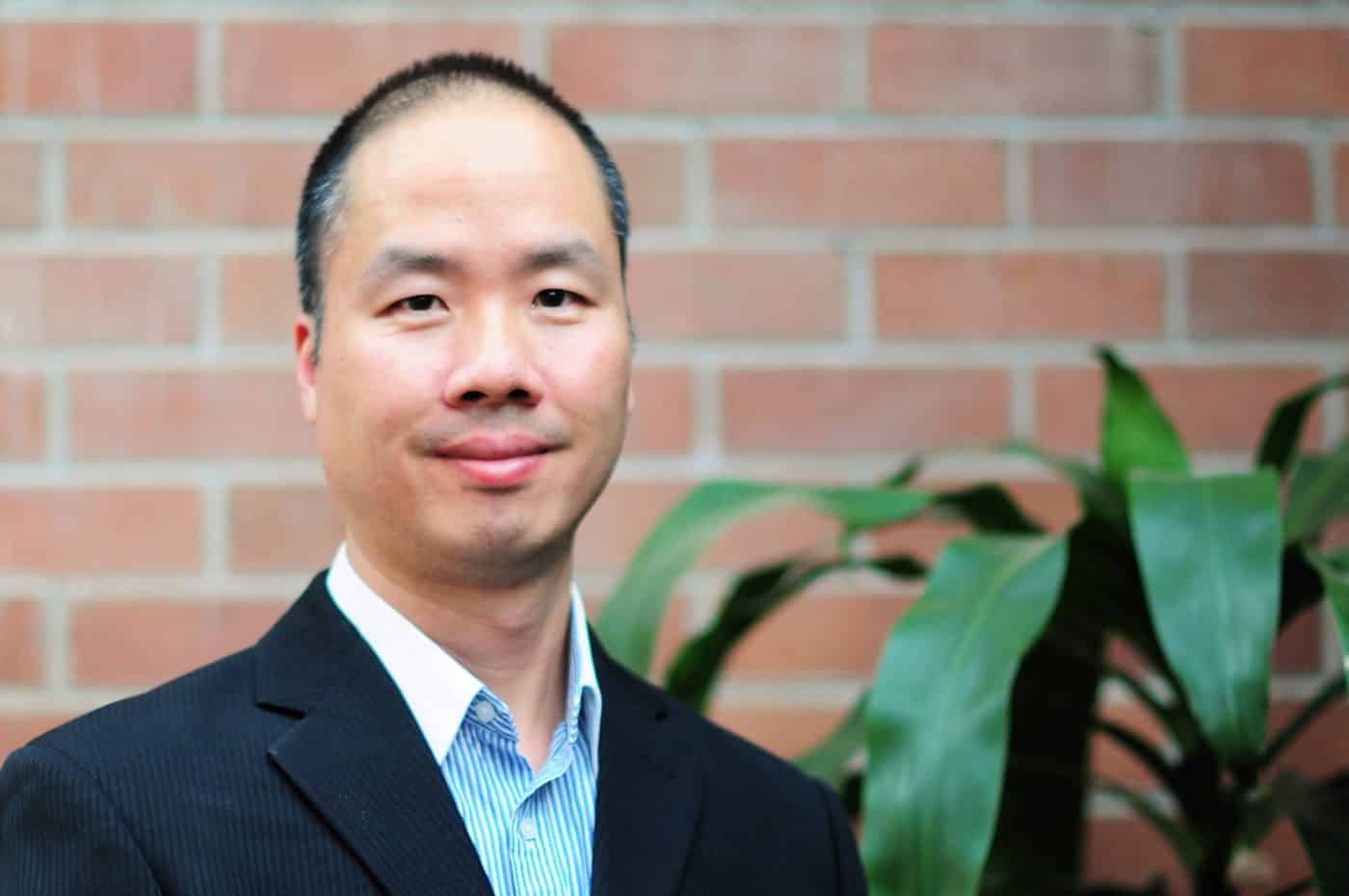
Oct 10, 2017
In our ongoing series of interviews Precision Sourcing met with data analytics expert Eric Wong, currently Proprietor and Consultant at Intellityc to find out about his career in data and to see what we can learn from his experience.
Eric is a resourceful, insightful and trusted leader in data analytics helping organisations realise and maximise the value of data through analytics, data, governance and management, and business optimisation.
His 19 years’ experience covers banking, telecommunications, insurance and consulting industries. Organisations that Eric has worked for are Westpac, Vodafone, EDS and NRMA Motoring and Services. As a data analytics expert, Eric excels at using his technical expertise to derive breakthrough insights, deliver actionable outcomes and communicating to influence stakeholders across all levels, ultimately empowering stakeholders to act with confidence, decisiveness and efficiency.
- How did you find yourself working in Data?
I have always been working with Data throughout my career. I was initially a developer for one of the first data warehouse implementations in the Australian banking sector. It was in this role that I appreciated the potential value of data, and extended my experience in ETL and reporting to analysing and interpreting data. In doing so, I found the sweet spot of enjoying my work, being good at what I do and being appreciated for the business problems I helped resolve.
- Who has been the biggest inspiration in your career and why?
There isn’t a single mentor or inspiration, but rather a cadre of leaders and colleagues from whom I’ve learnt. Each had their unique approach to data, so it’s taught me to view and approach business problems with the end-goal in mind. I’ve learnt to tailor my data solution based on the stakeholder’s needs and adjust my communication style and scope (level of detail) accordingly. I’ve crossed passed with many data analytics experts that have each taught me valuable lessons.
- What personal development do you do to keep yourself sharp?
I invest a lot in my interpersonal skills, whether it is developing relationships and building trust, or ways to communicate to a broad spectrum of audiences. I find this is very important as brilliant insights delivered via poor interpersonal skills means all the effort leading up to solving the business problem is wasted, your audience doesn’t understand or trust your findings if it is not delivered well.
- Do you find that organisations are changing in the way that they view data and how it can be used for strategy?
As a data analytics expert I am happy to see that data is now often seen as an asset in my discussions with stakeholders and peers in the analytics industry. More so, there are dedicated sections on data in the business plans, annual reports and strategy papers I’ve come across. The common themes are around collecting new data from IoT initiatives, visualising data, and joining different data sources to open new capabilities. What hasn’t been as obvious, is the investment in achieving data quality in existing data.
- What can be done to ensure Australia is a market leader within data analytics?
Focussing on applied data analytics, in my opinion it is about opening non-proprietary and non-sensitive data to the public by government bodies and even some large organisations. It’s about making data exciting. There can be genuine excitement that comes with new discoveries like linking existing customer data to sources such as ABS census, or council cadastral data for visualisation.
Opening up data allows small to medium organisations that can’t afford to pay for syndicated data access to insights beyond just its customer and their transactions. SMEs will broaden the reach beyond large organisations and act as the breeding ground for aspiring analysts to hone their thinking and skills.
- How do you see technology in data progressing over the next 5 to 10 years?
Leveraging data to drive business outcomes has almost exclusively been the domain of large organisations that could afford expensive hardware, software, and human resources to leverage the data. The applications are primarily in descriptive (e.g. reporting) and predictive (e.g. predictive modelling) analytics. In the next 5 – 10 years, I see more application of prescriptive (e.g. recommendations) analytics. It’s being driven by Big Data technology, which makes analysing large volumes and varieties of data and routing it to the relevant channel and device possible.
The same technology also allows small to medium organisations to benefit from their data assets, and be competitors to large organisations. Thus, the competitive advantage will be to the organisation that has the breadth and depth of data, and more importantly the vision and strategy to leverage its data, whether it’s about the customer or internal business optimisation.
What will also be a theme in data in the next 5 to 10 years is how organisations set policies around their data application, security and privacy. It is likely that consumers will start to feel the overreaching nature of the data economy and tune out. Organisations will suffer substantially if they don’t take proactive measures (think Equifax data breach) or are seen to be too invasive. As a data analytics expert, I see that Apple can sense this in their attempts to clamp down third-party cookie through Safari.
On behalf of Precision Sourcing, we would like to say thank you to data analytics expert Eric Wong for joining us.
For More Blogs, Click Here.


